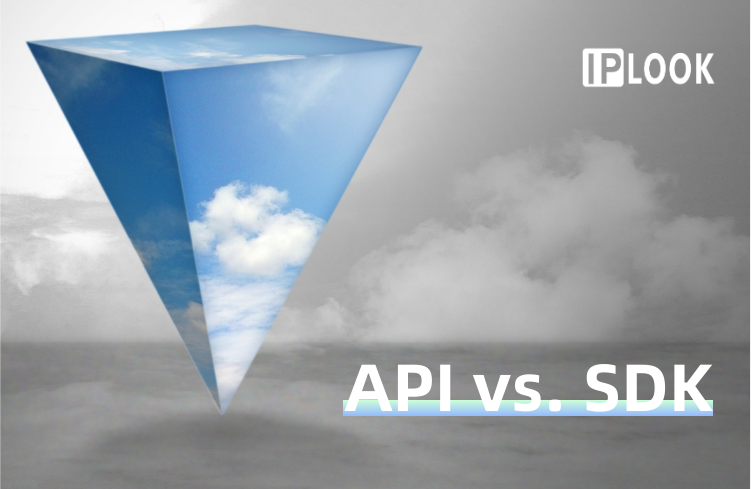
In software development, two commonly used terms are API and SDK. While they often appears together, they refer to distinct concepts. In this article, we will delve into the dissimilarities between these two elements, shedding light on their unique functionalities and use cases.
API, short for Application Programming Interface, acts as an intermediary that enables communication between different software applications. It defines a set of rules, protocols, and tools that allow developers to interact and integrate their applications with external services, libraries, or platforms. Essentially, an API specifies how software components should interact, providing a well-defined interface.
Imagine you have a mobile application that needs to fetch data from a remote server. Instead of manually writing the code to establish a connection, send requests, and handle responses, you can utilize an API provided by the server. The API will have pre-defined endpoints and methods that streamline the process. By making specific requests to the API, your application can retrieve the necessary data or perform desired actions.
APIs are typically designed to be language-agnostic, which means they can be used with different programming languages. They are often based on widely accepted standards, such as REST (Representational State Transfer) or GraphQL, making them accessible and interoperable across various platforms and systems. APIs are commonly used for accessing web services, social media integration, payment gateways, and many other purposes that require communication between different software components.
SDK, on the other hand, stands for Software Development Kit. It is a collection of tools, libraries, documentation, and sample code that simplifies the development of software applications for a specific platform or framework. Unlike APIs, SDKs are tailored to a particular environment and provide a comprehensive set of resources to aid developers in building applications. SDKs may also include pre-built APIs that developers can use to quickly build specific features into their applications.
Let's say you want to create a mobile application for iOS devices. Instead of starting from scratch and dealing with low-level details, you can use an SDK specifically designed for iOS development. The SDK will include libraries, frameworks, emulators, debugging tools, and other resources necessary to streamline the development process. It encapsulates all the essential components required to build applications for the targeted platform, acting as a one-stop shop for developers.
SDKs are platform-specific and provide a higher level of abstraction compared to APIs. They often come with development environments, integrated development tools (IDEs), and emulators or simulators that enable developers to test their applications in a controlled environment. SDKs are widely used in mobile app development, game development, and other scenarios where developers need to work closely with a particular platform or framework.
While both API and SDK facilitate software development and integration, they have distinct characteristics:
· Level of Abstraction: APIs provide a standardized interface for interacting with external services, abstracting away the implementation details. However, SDKs offer a more comprehensive set of tools and resources, providing a higher level of abstraction for developing applications on a specific platform.
· Scope: APIs are focused on defining protocols and rules for communication between software components. They are often language-agnostic and can be utilized across various platforms. SDKs, however, are platform-specific and provide a complete package of resources for developing applications tailored to the targeted platform or framework.
· Functionality: APIs primarily facilitate communication and data exchange between different software systems. SDKs, in addition to providing access to APIs, offer a wide range of tools, libraries, and documentation to aid developers in creating applications on a specific platform.
· Use Cases: APIs are commonly used for integrating external services, accessing web services, and building software components that need to interact with other systems. SDKs are employed in scenarios where developers need to build applications specifically for a particular platform or framework, such as mobile app development or game development.
In summary, APIs and SDKs are two essential components in software development, each serving distinct purposes. APIs act as gateways, allowing software systems to interact and exchange data with external services. While SDKs provide a comprehensive toolkit for developing applications on a specific platform or framework, encompassing all the necessary resources and tools.

